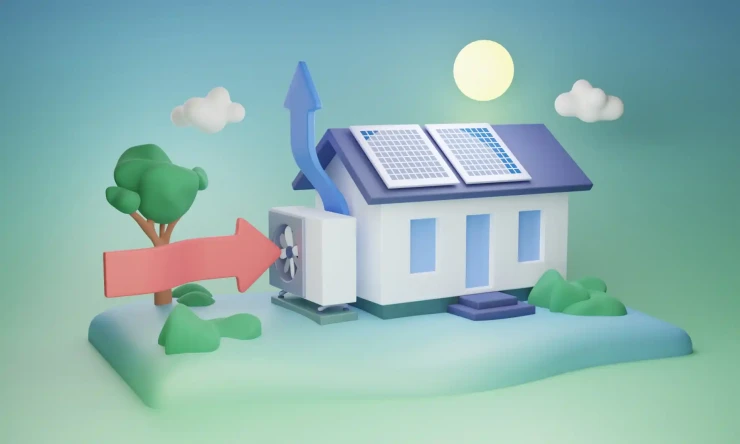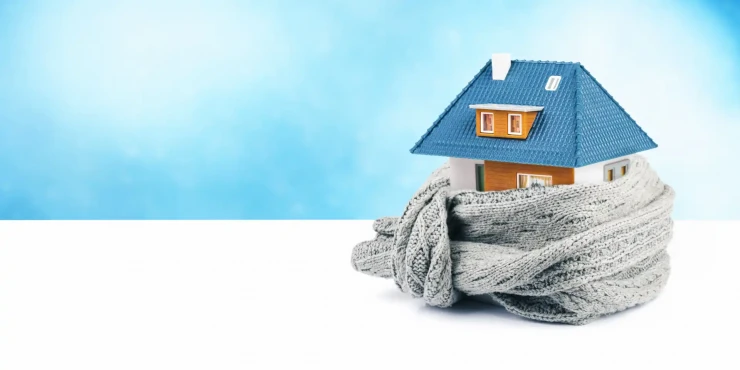Most modern companies are expected to move faster than ever — customers expect more, quicker. Keeping up with growing demand typically means speeding up business processes. This swift pace can generate significant waste as a result, however.
One recent article in CMS Wire summarized the early results from a new study on how companies’ digital habits may encourage waste. About 45% of respondents described their business as having a “launch and leave” culture rather than practices that prioritize quality and reuse of resources.
Waste is often central to modern business models. When normalized, these practices can harm the environment and may even be one of the primary drivers behind climate change. Reducing trash generation could help companies fight this global crisis.
COMPARE PRICES FROM LOCAL INSTALLERS
Compare prices from local companies fast & free
Enter your postcode to compare quotes from leading professionals. We promise to keep your information Safe & Secure. Privacy Policy
How Some Business Models Increase Waste
In England alone, commercial activities generate around 27.1 million tonnes of waste every year. Industrial practices contribute another 10.1 million tonnes. Together, that’s a little less than one-fifth of all the waste produced in England. Most of it goes to landfills, and a significant portion consists of food, paper and cardboard products, plastic, metal and wood.
Food waste tends to have a significant carbon impact after it is sent to landfills. In the U.K. alone, an estimated 27 megatonnes of CO2 equivalent (CO2e) is generated every year by these emissions.
Travel can also contribute significantly to a business’s overall carbon footprint — including meetings, employee commutes and deliveries. Certain types of travel are worse for the environment than others. Bicycling and walking have little or no environmental impact, while flying is a major contributor to global greenhouse emissions. Worldwide, flights produced 915 million tonnes of CO2 in 2019.
Carbon emissions for flying are also higher depending on how you fly. According to the U.K.’s Defra carbon conversion factors, emissions per passenger per km are 0.60kg CO2e for first class, 0.43kg CO2e for business class and 0.15kg CO2e for economy.
Frequent flights in first class could significantly increase a business’s overall carbon footprint. In contrast, travel by tram or light rail tends to produce just 0.02kg CO2e per passenger per km on average.
Creating Sustainable Business Models
Changes at the societal level will likely have the biggest impact on business sustainability. Low-carbon aviation fuel could significantly reduce the carbon cost of travel by air. Widespread adoption of renewable energy, both at the grid level and by individual businesses, could also help make workplaces more sustainable.
Shifts in business practices could also help. Law firms are often major generators of paper waste. As a result, some are making sustainable business changes, like the use of e-filing, scanning, faxing and digital storage systems, to help to reduce the use of physical documents.
Changing how a business’s team travels can make a major difference. Going by rail produces significantly less CO2 than air. Alternatives to in-person meetings — like videoconferencing — can also help a company reduce its travel-related carbon emissions.
Offering the ability for employees to work remotely can also help. Every time someone can telecommute instead of driving to their workplace, they may save 23 miles’ (37 km) worth of travel emissions on average.
More major shifts to a business model can provide better results. Committing to renewable energy can help significantly cut down on business emissions. An office with solar panels would need to rely on local fossil fuel-fired energy sources.
Retrofitting an office or workplace with smart climate control and lighting technology could also help. For example, IoT thermostats can optimize a building’s temperature, automatically adjusting it throughout the day to keep things comfortable and reduce energy consumption.
Smart lighting can turn off when a building is unoccupied, saving money and energy. This simple change can make a huge difference with little effort.
How New Business Models Could Help Fight Climate Change
Many modern businesses are wasteful — food, paper and travel by air all contribute significantly to national and global carbon emissions.
Changes at both the societal and corporate levels can make a significant difference in how wasteful companies are. Recycling, travel by train and the use of energy-efficient smart technology can all help make workplaces much more sustainable.





























